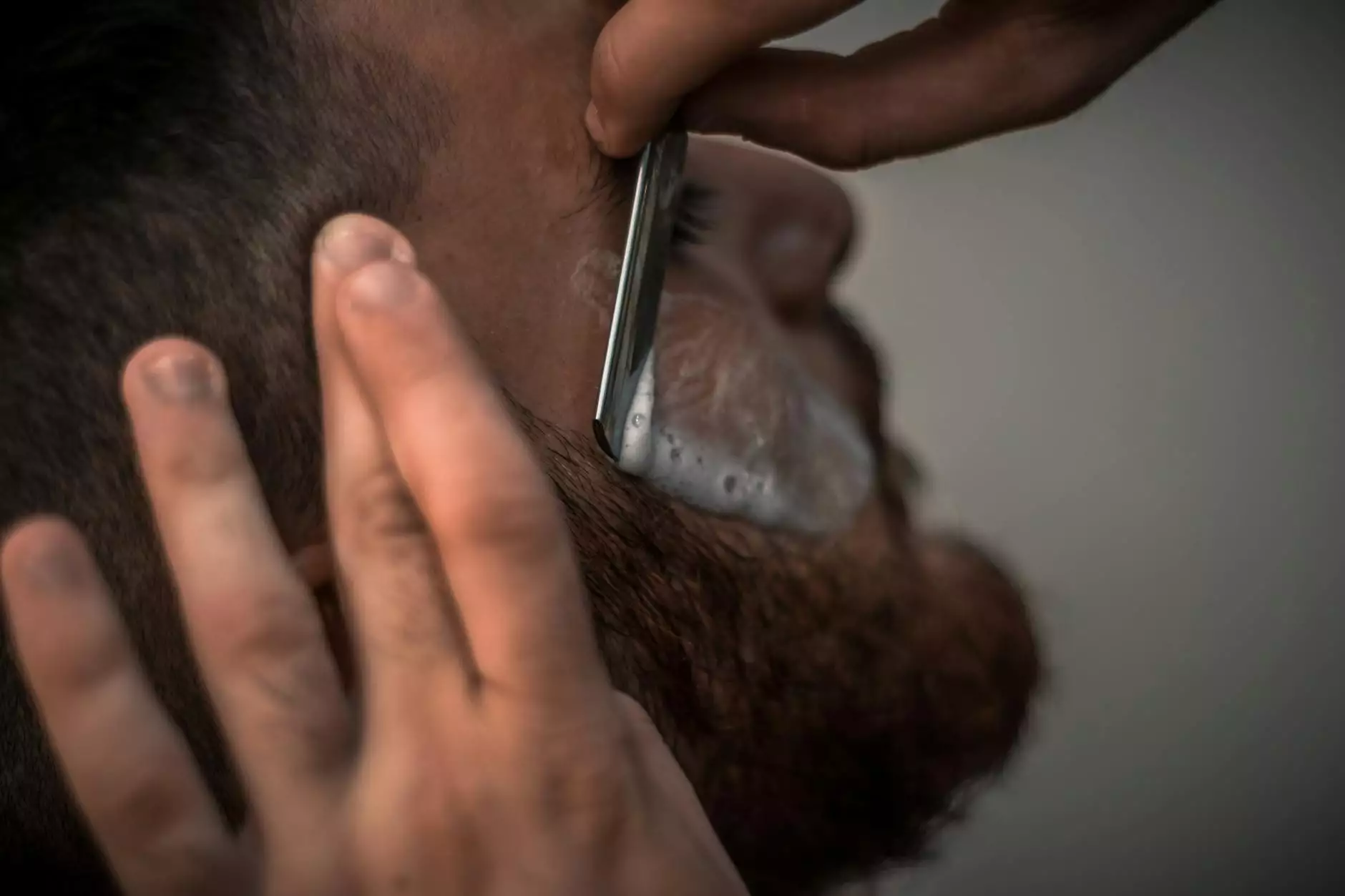Comprehensive Guide to Hair Cloning: Revolutionizing Hair Restoration in Medical Science

The field of medical science has witnessed extraordinary advancements in recent years, especially in the realm of hair restoration. Among these cutting-edge developments, hair cloning stands out as a beacon of hope for millions suffering from hair loss. This revolutionary technique promises to redefine how we approach hair regeneration, offering sustainable and natural solutions that surpass traditional methods. In this detailed guide, we delve into the nuanced world of hair cloning, its scientific foundations, clinical potential, and the future of hair restoration.
Understanding Hair Cloning: The Science Behind the Innovation
Hair cloning is an *innovative biotechnology process* that involves replicating hair follicle cells to produce new hair growth. Unlike conventional hair transplant methods, which transplant existing hair follicles from one part of the scalp to another, hair cloning aims to generate an abundant supply of follicles, thereby addressing the limitations of donor hair availability.
How Does Hair Cloning Work?
The process of hair cloning is grounded in *cellular and molecular biology*. It involves several meticulous steps designed to cultivate hair follicle cells in a laboratory setting. The main stages include:
- Extraction of Hair Follicle Cells: A small skin biopsy is obtained, containing hair follicles from the patient.
- Cell Culturing and Multiplication: The extracted cells are cultured in specialized growth mediums to stimulate proliferation.
- Reprogramming and Differentiation: The cultured cells are directed to differentiate into hair follicle-specific cells.
- Implantation: The cloned hair follicle cells are implanted back into the scalp, where they develop into mature hair follicles.
This biotechnological approach leverages stem cell technology and regenerative medicine to create new, functioning hair follicles, thereby offering a potentially permanent solution to hair loss.
The Scientific Foundations of Hair Cloning
Hair cloning builds upon our growing understanding of stem cell biology, genetics, and tissue engineering. The key scientific principles include:
- Stem Cells: These undifferentiated cells possess the ability to develop into various specialized cell types, including those needed for hair follicle formation.
- Growth Factors: Proteins such as Wnt and FGF (Fibroblast Growth Factor) are crucial in promoting the proliferation and differentiation of hair follicle cells.
- 3D Tissue Engineering: Advances in scaffolding techniques enable the recreation of the complex architecture of hair follicles, enhancing the integration and functionality of the cloned cells.
By harnessing these scientific domains, hair cloning endeavors to create a sustainable, personalized treatment that not only halts hair loss but also restores hair density and quality.
The Benefits and Advantages of Hair Cloning in Hair Restoration
Transitioning from traditional hair loss treatments to hair cloning offers numerous compelling benefits:
- Unlimited Donor Supply: Unlike conventional transplants constrained by donor hair availability, cloning can generate an essentially limitless supply of hair follicles.
- Natural Appearance and Growth: Cloned hair follicles produce hair indistinguishable from natural scalp hair, with the same texture, color, and growth cycle.
- Minimally Invasive Procedure: The process minimizes discomfort and scarring associated with traditional surgical transplants.
- Addressing Hair Loss at the Root: By regenerating hair at the cellular level, hair cloning tackles the primary cause, which is often genetic or stem cell depletion.
- Long-Lasting Results: Once implanted, cloned hair follicles are expected to produce permanent hair growth, reducing or eliminating the need for repeated treatments.
Current Status and Challenges in Hair Cloning Development
Although hair cloning holds immense promise, it remains in the *advanced research and experimental stages* in many parts of the world. Several technical and biological challenges must be addressed before widespread clinical adoption:
- Complexity of Hair Follicle Biology: Hair follicles are mini-organs with intricate structures, making replicating their development challenging.
- Ensuring Safe and Controlled Cell Growth: Preventing uncontrolled cell proliferation and tumor formation is critical.
- Cost and Scalability: Developing cost-effective methods for large-scale production remains a hurdle.
- Regulatory Approval: Extensive clinical trials are necessary to establish safety, efficacy, and standard treatment protocols.
Despite these obstacles, ongoing research by leading biotech companies and research institutions continues to push hair cloning towards clinical reality.
The Future of Hair Cloning: A Paradigm Shift in Hair Restoration
The next decade promises transformative advancements in hair cloning technology. Key predictions include:
- Clinical Trials and FDA Approval: As safety and efficacy data accumulate, regulatory agencies are expected to approve clinical use.
- Personalized Hair Regeneration: Treatments tailored to individual genetic profiles will optimize results.
- Integration with Other Regenerative Therapies: Combining hair cloning with PRP (Platelet-Rich Plasma), laser therapy, and gene editing to enhance outcomes.
- Reduced Costs and Increased Accessibility: Technological advancements will make treatments more affordable and widely accessible globally.
Ultimately, hair cloning has the potential to become the gold standard in hair restoration, replacing outdated methods with a sophisticated, regenerative approach.
Why Choose Hairtrans.net for Your Hair Restoration Needs?
At hairtrans.net, we are dedicated to staying at the forefront of hair cloning research and providing patients with access to the latest, safest treatments. Our focus on Health & Medical and Medical Centers ensures that your journey toward hair regeneration is supported by expert practitioners and innovative technologies. We prioritize individualized care, ensuring that every patient receives tailored treatment plans based on their unique biological profile.
Conclusion: Embracing the Future of Hair Restoration
In conclusion, hair cloning represents a groundbreaking leap forward in *personalized medicine*, with the promise of not only restoring hair but also improving self-esteem and quality of life for millions. While currently in the developmental phase, rapid scientific progress assures that this technology will soon transition from laboratory experiments to standard clinical practice. By investing in ongoing research and embracing this revolutionary treatment, we can look forward to a future where hair loss is no longer an inevitable part of aging but a manageable condition with permanent, natural solutions.
Stay informed with hairtrans.net — your trusted resource for the latest in hair cloning advancements and comprehensive hair restoration options.









